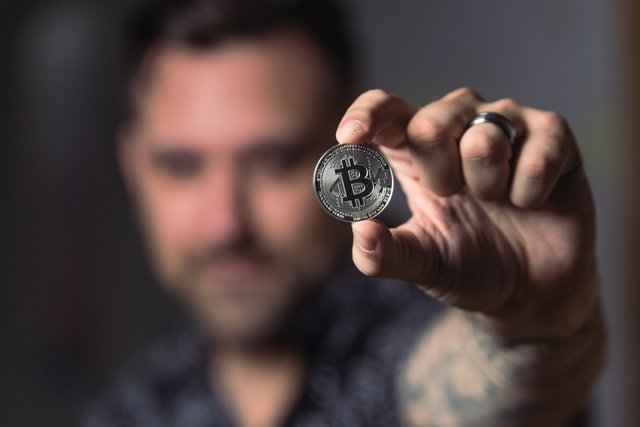
Bitcoin is a type of digital currency that is decentralized, meaning it is not controlled by a central authority like a government or bank. It was created in 2009 by an unknown person or group using the pseudonym Satoshi Nakamoto.
Rather than physical coins or bills, bitcoins exist entirely in digital form, represented by unique codes that are stored on a decentralized network of computers called the blockchain. Transactions involving bitcoins are verified and recorded on the blockchain by a network of computers called nodes, which use complex algorithms to ensure the accuracy and security of the transactions.
One of the key features of bitcoin is its limited supply. There will only ever be 21 million bitcoins in existence, which is why it is often compared to gold as a store of value. However, unlike gold, bitcoin is highly divisible, meaning it can be broken down into very small units, which makes it more practical for everyday transactions.
Bitcoin can be bought and sold on various online exchanges, and can be used to purchase goods and services from merchants who accept it as a form of payment. Its value can be highly volatile, and has been known to fluctuate widely over short periods of time.
Overall, bitcoin offers a decentralized, secure, and potentially valuable alternative to traditional currencies and financial systems. However, it is important to note that its adoption and use is still relatively limited, and there are many potential risks and challenges associated with its use.
Hope you guys enjoy the post!